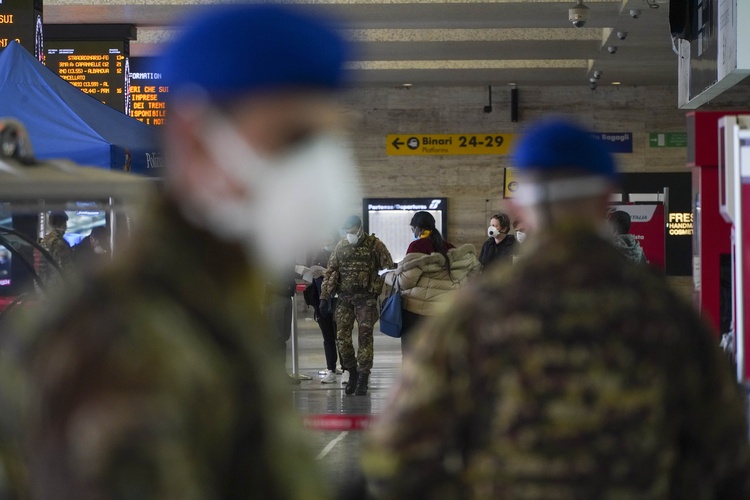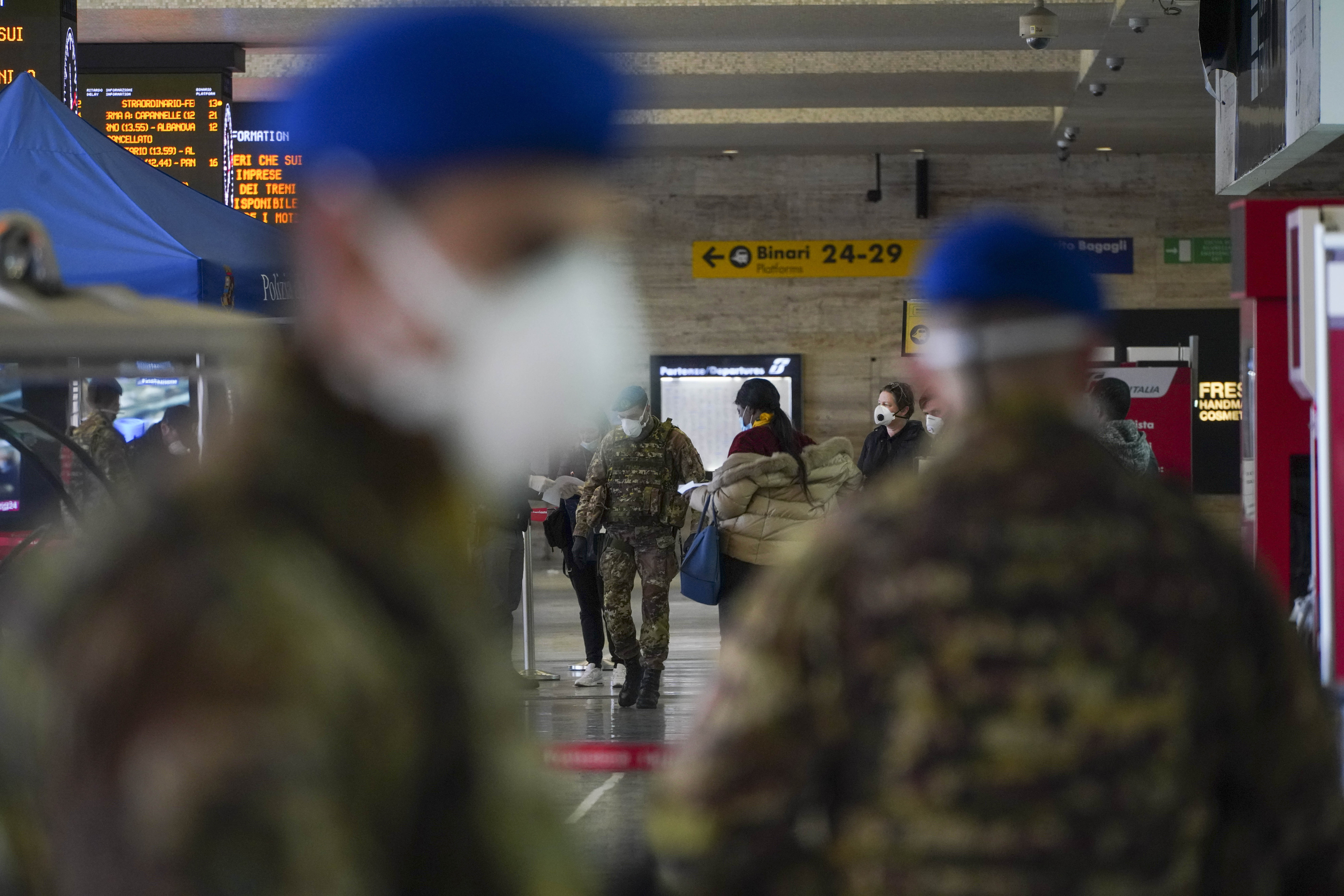As of March 28, people entering Italy by plane, boat, rail or road must declare their reason for travel, the address where they will self-isolate, how they intend to travel there, and their phone number so that authorities can contact them throughout their quarantine period.
The information should be provided to the airline or transport company before boarding, if applicable, while every traveller should also report to the local health authorities upon arrival, including those who enter Italy in their own vehicle.
Transport companies should check passengers’ temperatures and deny access to anyone with a fever, the new decree from Italy’s health and transport ministries states.
While all travellers are required to self-isolate whether they are unwell or not, anyone who develops symptoms of coronavirus should alert health officials immediately.
New arrivals should not use public transport upon entering Italy, but must make arrangements to be picked up, take a taxi or rent a car to reach the location where they will self-isolate.
If travellers do not have accommodation in Italy or are unable to reach it safely, the civil protection department will determine where they should be quarantined, with any expenses involved to be paid by the travellers themselves.
The restrictions apply to everyone entering Italy, regardless of nationality, except for crew members, people transporting goods and healthcare workers.
People are advised not to travel to Italy during the current state of emergency except for essential reasons.
Travel in and out of Italy is heavily restricted and several countries have cut off flights to and from Italy, while airlines have cancelled many of the remaining services as demand plummets.
Switzerland, Austria and Slovenia have also partially closed their land borders with Italy.
Italy has closed its ports to foreign cruise ships and suspended the operation of its own services.












